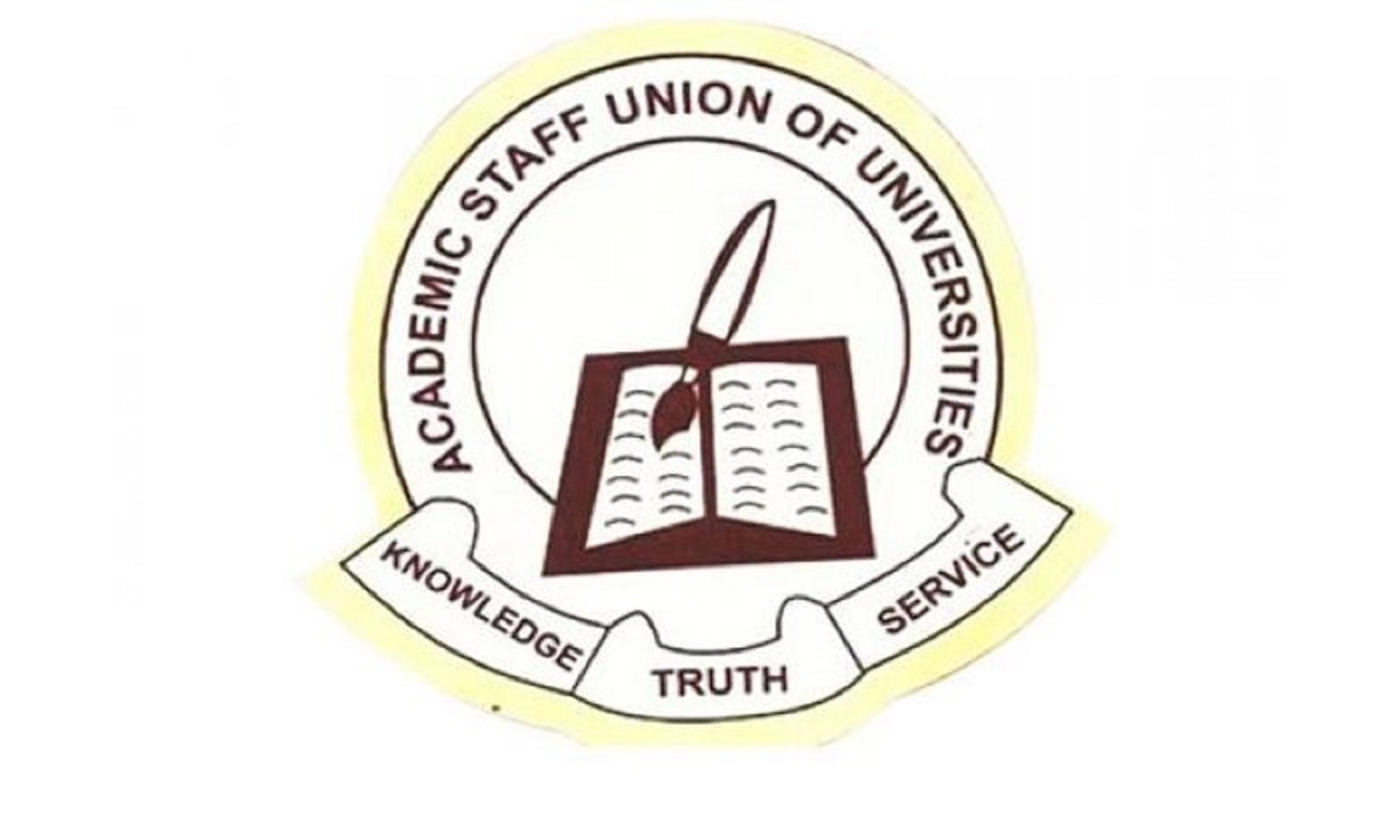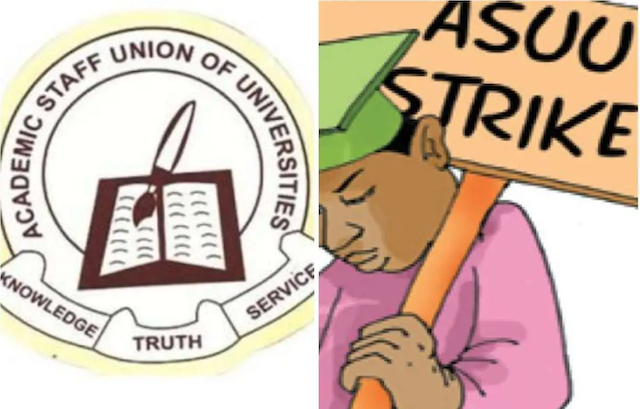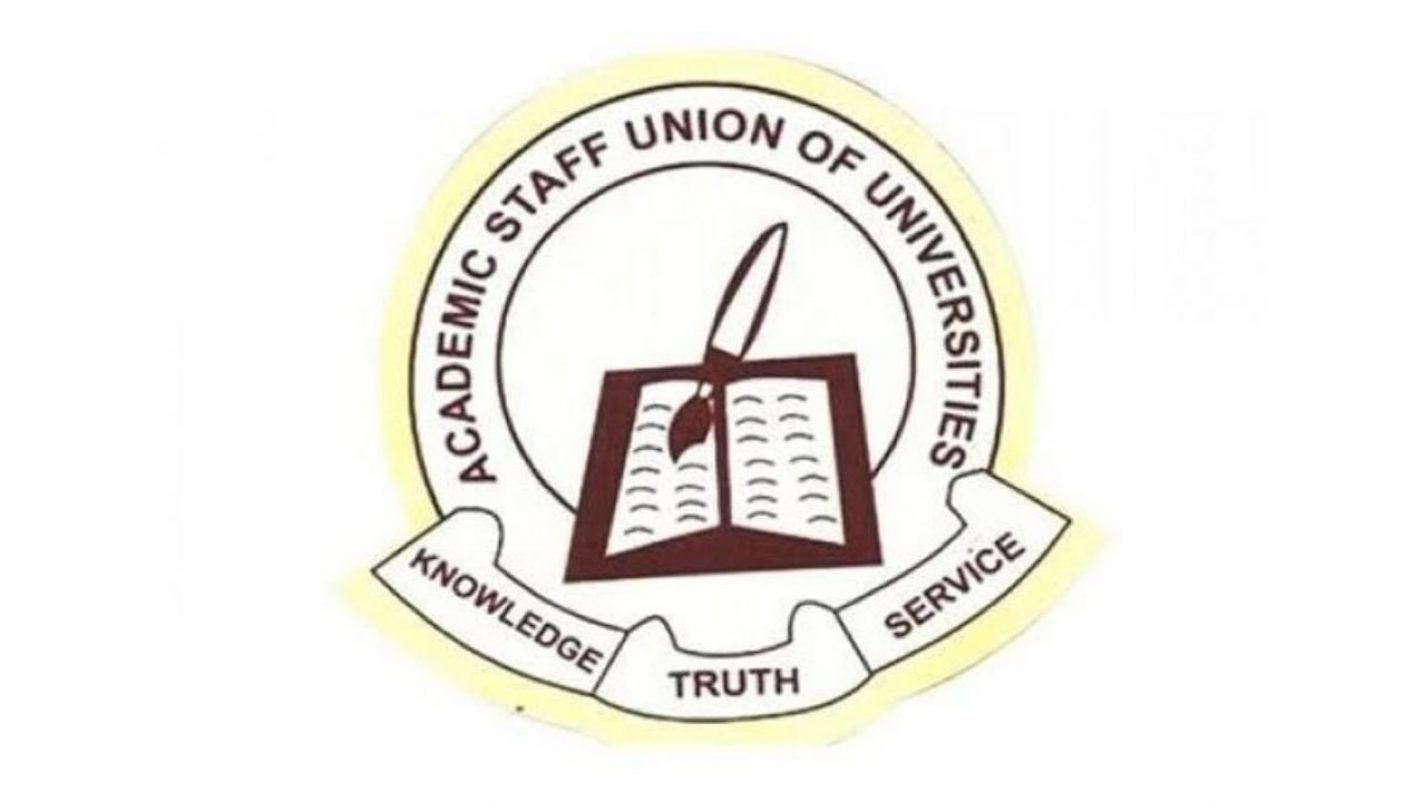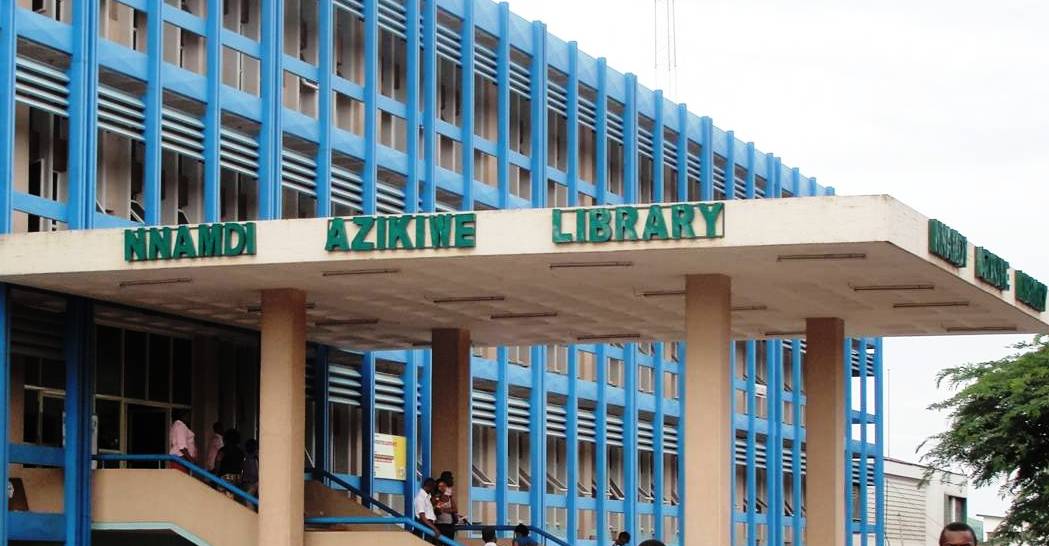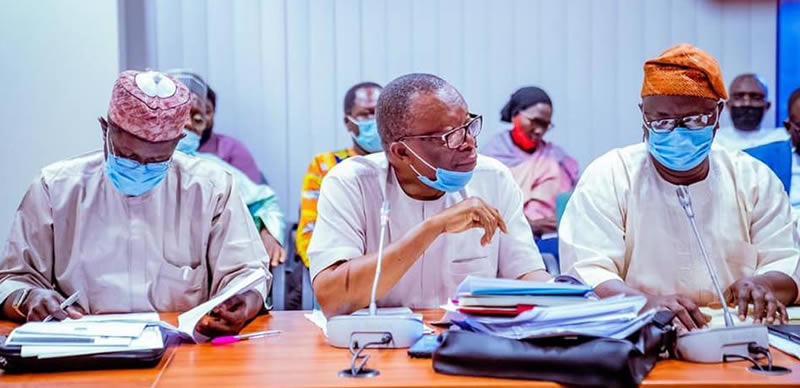The Academic Staff Union of Universities (ASUU), says poor and indigent students will not benefit from the students’ loan recently introduced by the Federal Government because of the conditions attached.
Dr Mwolwus Jurbe, Chairman of the University of Jos Chapter of ASUU, who said this in an interview on Saturday in Jos, maintained that the conditions attached to the loan were not for the children of the poor, who were supposed to be the target beneficiaries.
President Bola Tinubu, had in June signed the Access to Higher Education Act, 2023, also known as the Students Loan Act.
The law would ensure the provision of interest-free education loans for Nigerians seeking tertiary education.
Some of the conditions are that; students who wished to apply for the interest-free loan must first obtain admission into a public Nigerian university, polytechnic, College of Education (COE), or Technical and Vocational Education and Training (TVET) School.
The applicant’s income or family income should not exceed N500,000 per annum, and he/she must provide a minimum of two civil servants as guarantors.
These guarantors should either be at least on Level 12 in the civil service or a lawyer with at least 10 years of post-call experience, a judicial officer, or a Justice of Peace.
Students, or their parents, who have previously defaulted on loans, or have been found guilty of exam malpractices, felony, or drug offences would not be considered eligible for the loan.
It further added that repayment of the loan would commence two years after the completion of the graduate’s National Youth Service Corps programme, and the money would be deducted directly from the beneficiary’s salary at a rate of 10 per cent by the employer.
Self-employed beneficiaries would remit 10 per cent of their total monthly profit to the designated Students Loan account to be prescribed by the bank.
According to Jurbe however, ASUU, a union that promotes equity and justice for all, wants Nigerians to have equal opportunities at acquiring education, irrespective of social status.
“Part of the reasons for our last strike is the revitalisation of the university system, but we received backlash from Nigerians.
“We believe that government can fund education; because federal and state governments spend huge amounts to send students abroad for studies.
“If this huge sum is harnessed into our education system, it will be the envy of many countries and foreign students will come here to study too.
“So, this loan will force parents to fund education, and it simply means that children of poor Nigerians can’t go to school,’’ he said.
According to Jurbe, any country that wants to make meaningful progress must also fund its education sector.
The chairman, who also decried the spate of unemployment in the country, said that most students who would access the loan might not be able to pay back within the stipulated time.
“Giving bursary awards to Nigerian students is better than the provision of loans. This is because students may not be able to pay back the loan due to inadequate employment opportunities in the country.
“The fact remains that many jobless graduates that obtain such loans while in the higher institution would definitely become indebted to the government and unable to repay in time.
“Such policies thrive in the western countries like the United States of America, simply because there are job opportunities awaiting students even before they graduate from their various schools.
“But that is not the case in Nigeria, and we will not support the commercialisation of education because it it is a social good, and no one should be denied that on the basis of status,’’ the ASUU scribe said.
Meanwhile some stakeholders in Taraba, on their part said though the scheme was a commendable idea, it however needed to be reviewed to make the conditions flexible for the benefit of Nigerians.
Some of the stakeholders who spoke with in Jalingo, expressed doubts over the success of the scheme, saying its implementation might be difficult.
Malam Magaji Bello, the Executive Director of Alheri Centre for Educational Development, an NGO, told NAN that the conditions attached to the loan, such as parents who must be earning less than N500, 000 per annum, was unrealistic.
According to Bello, parents who earn less than N500, 000 per annum in Nigeria at the moment, cannot even feed their families and take care of other basic needs with the current economic situation.
Mr Solomon Angyu, a public Affairs Commentator, also noted that the students’ loan scheme needed a review to make it accessible by Nigerian students.
Angyu explained that the conditions of surety by high ranking officials of government, enshrined in the document, would make it difficult for the common man’s children to access.
He noted that though the scheme was welcomed by Nigerians when it was first announced, when they learned of the stringent conditions, they were discouraged because they knew it would be difficult to access.
Mrs Rosemary Agabison, a lecturer told NAN that the scheme was a very good idea, but must be revisited with a view to removing some conditions that were inimical to its success.
Agabison also said when the loan scheme was announced, Nigerians were so happy to have a system that would ensure opportunities at getting education, but some conditions had dashed the people’s hopes.
However, a secondary school teacher in Benue, Mr Fred Injua, has lauded President Bola Tinubu for initiating the scheme.
Injua who spoke with NAN in Makurdi on Saturday, said if properly implemented, it would take the burden of school fees off parents’ shoulders because of the current harsh economic realities.
“It is my earnest desire and hope that the Federal Government would sustain the scheme for the overall good of both the parents and students,” Injua said.
He further advised those saddled with the responsibility of implementation not to be selective in granting the loan, but to ensure that all eligible students accessed it with ease.
He further appealed to the Federal Government to put the right modalities in place to sustain the scheme, appealing that it should not be allowed to go the way of the School Feeding Programme.
Meanwhile, Mrs Grace Ochai, a civil servant said that enlightenment about the scheme was very low.
Ochai said that people must be made to understand the workability and accessibility of the loan, aimed at helping youths that did not have the means to adequately take care of their educational needs.
Also, Mr Kenneth Ogah, a member of a Civil Society Organisation (CSO), said the organisation was trying its best in enlightening people at the rural areas about the scheme, and that it was making progress in that regard.
Ogah, however, said the government needed to do proper screening of beneficiaries, as people, especially young persons, could not be trusted with money
